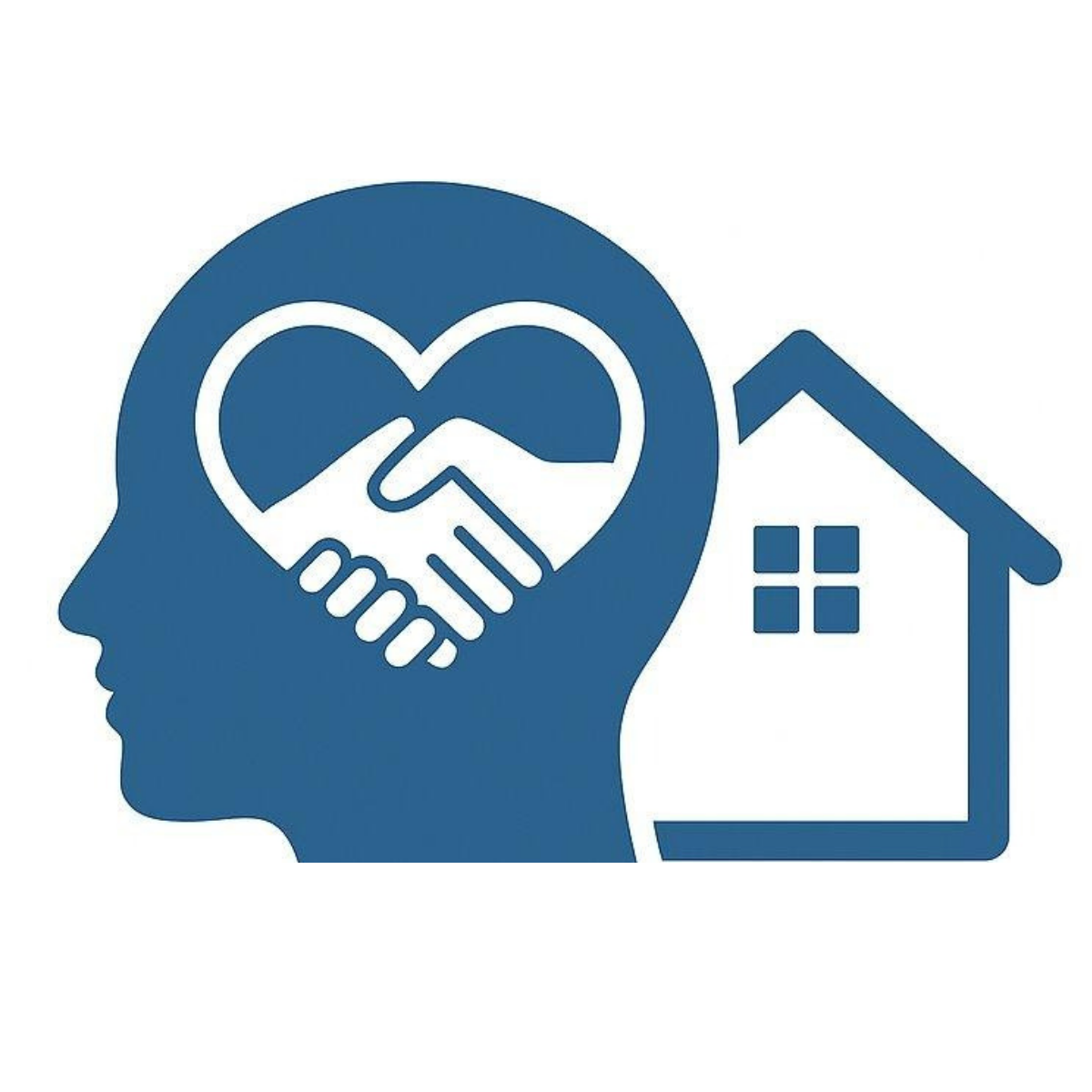Welcome to the Long-Term Care Toolkit
This toolkit is part of a research project that focuses on building psychological safety in long term care and strengthening equity and trauma informed organizational capacity. Our team has developed a multi-level, intersectional inventory of high-quality resources.
Whether you’re a registered nurse, nurse practitioner, registered practical nurse, personal support worker, trainee, healthcare leader/manager/supervisor, director, administrator or HR specialist in long term care, there is something here for you.
Upon entering the site, you can choose resources based on the focus of the intervention, sector, format, or location. We want to create a community of support for long term care so if you try a resource and like it, feel free to click on the logo and leave a comment.

How to Build a Trauma - Informed Workplace Culture
Building a psychologically healthy and safe workplace requires leaders to support workplace mental health and commit to creating a trauma-informed environment. This articlea provides a few steps that can be taken to get started.
Leadership’s Role In Building Trauma - Informed Workplaces
Creating a trauma-informed workplace requires leaders to accept that violence and trauma can and will show up, whether it occurs in or outside the workplace or develops from an earlier event, such as adverse childhood experiences.
National Standard
The National Standard of Canada for Psychological Health and Safety in the Workplace (the Standard) – the first of its kind in the world, is a set of voluntary guidelines, tools and resources intended to guide organizations in promoting mental health and preventing psychological harm at work.
Trauma and Violence - Informed Approaches to Policy and Practice
Trauma and violence-informed approaches require fundamental changes in how practitioners engage with people, how organizations function and how systems are designed. This website outlines four key principles and sample implementation strategies for service providers and organizations.
The Relational Approach Podcast
In each episode, we'll explore both the family and staff perspectives, shedding light on the emotions, expectations, and sometimes the disappointments that arise from the friction in these relationships. Through heartfelt conversations, personal anecdotes, and expert insights, we aim to foster a deeper understanding of the diverse perspectives that shape senior care environments. Tune in to gain valuable insights, and cultivate a better approach
Canada’s Health Workforce: Pathways Forward - Chapter 5 Support & Retention
Chapter 5 addresses questions regarding how to support and retain the health workforce, including the influence that the working environment has on the mental health of its workers
Team Huddle
A structured, brief (15-30 min) routine/team building actvity (daily or multiple times a day), face-to-face communication of a team’s membership that can build team resilience through celebrating wins and providing support for challenges.
Caring for Healthcare Workers - Assessment Tools
This free online resource will help identify key areas of strength and concern that influence the psychological health and safety in your healthcare organization.
Transforming Healthcare Organizations
The LEADS Framework can be used as a disciplined approach to change to create psychologically healthy workplaces. This document outlines how this disciplined approach to change can be utilized. Each step outlines the key questions that the leader-manager needs to ask and answer.
Trauma-Informed Toolkit
This toolkit aims to provide knowledge to service providers working with adults who have experienced or been affected by trauma. It will also help service providers and organizations to work from a trauma-informed perspective and develop trauma-informed relationships that cultivate safety, trust and compassion.
Trauma Informed Practice
This concise document shares information about trauma, it's impact, the principles of trauma informed practice along with trauma exposure response and the ABC model of clinician self-care.
Trauma-Informed Practice Guide
The Trauma-Informed Practice (TIP) Guide and TIP Organizational Checklist are intended to support the translation of trauma-informed principles into practice. Included are concrete strategies to guide the professional work of practitioners assisting clients with mental health and substance use (MHSU) concerns in British Columbia.
Wobble Room
A physical space for health workers to unwind and connect. It is open to all employees 24/7 to help release tension and recharge.
TEND Toolkit
The TEND Toolkit is a searchable database of tools, strategies and education to support heping professionals working in complex workplaces.
Death Cafes for Prevention of Burnout
Informal discussions focusing on death, dying, loss, grief, and illness. They allow for reflection on distressing events and offer community and collaboration among hospital employees outside of work. With Covid-19 limiting social interactions and overloading of ICUs worldwide, their virtual administration provides an innovative strategy to mitigate burnout
End of Life Conversations: Navigating Challenges and Family Roles
Developed in collaboration with the End of Life Doula Association of Canada (EOLDAC), this resource provides insights into common challenges surrounding end-of-life conversations and tips for having those discussions with your loved ones.
Understanding and Responding to Grief
These grief learning resources are for people working in long-term care settings. No matter your role, end-of-life, grief, and bereavement will be part of your working life. These modules will help increase your understanding about grief and confidence in supporting patients and their families.




















Workplace Violence Prevention Toolkit, created by WeRPN, with support from the Ministry of Health and Long Term Care, was designed to support nurse’s knowledge and confidence in addressing workplace violence and harassment in their workplace. The toolkit contains 10 sections (Intro, Overview and 8 modules) and Workplace Violence Prevention Quiz is available after these are viewed.